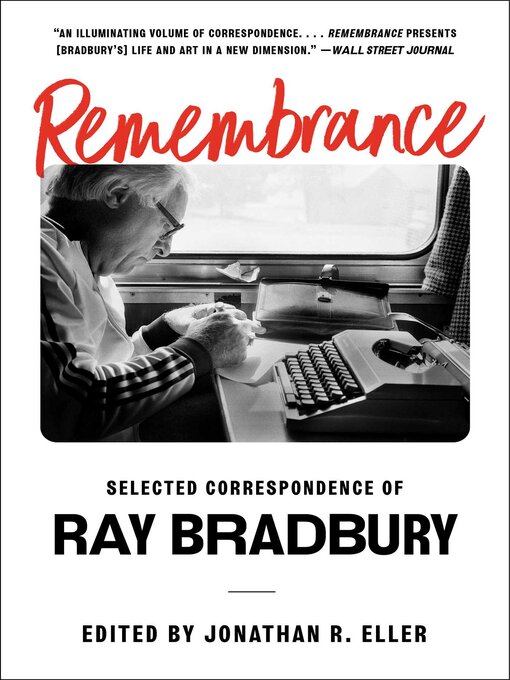- New eBooks
- SRP Week 4 - Brush Up On Your Skills
- Page to Screen
- Outdoor Adventures
- Series Starters
- Real Life Unsolved Mysteries
- Understanding the Israeli-Palestinian Conflict
- Prep School Page Turners
- Dark Academia
- Laughing Out Loud
- Be Proud Everyday!!
- Books for Francophiles
- Love Has Always Been Love
- See all ebooks collections
- New audiobook additions
- Always Available Audiobooks!
- SRP Week 4 - Brush Up On Your Skills
- Summer Romance
- Inspired by True Life
- Read by the Author
- 2025 Audie Awards Nominees
- Real Life Unsolved Mysteries
- Audio in a Day
- Laughing Out Loud
- Escape Room Listens
- Audiobooks for the Whole Family
- Books with a Bop
- See all audiobooks collections



